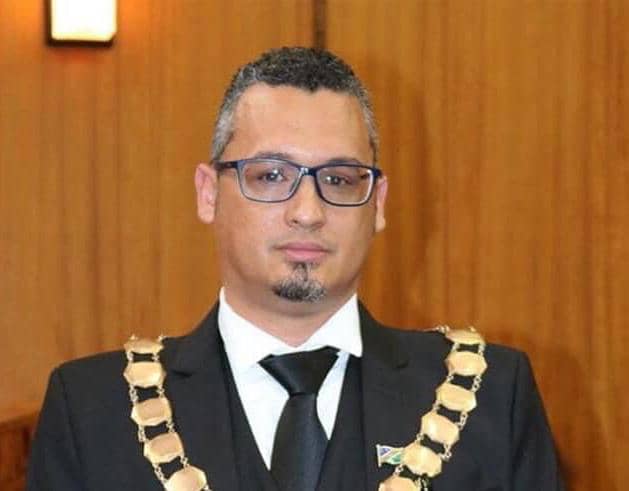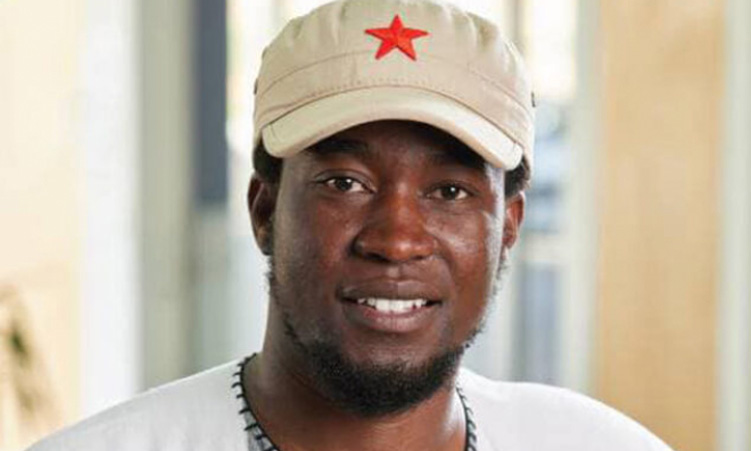Prostate cancer remains one of the most common and deadliest cancers globally, and Namibia is no exception.
Against this backdrop, the country is set to host its first-ever prostate cancer conference.
The event will take place at the School of Medicine at the University of Namibia’s Hage Geingob Campus in Windhoek from 15 to 17 May.
Consultant surgeon and head of the surgical sciences department at the school Dr Youssef Saad says the event will raise awareness of prostate health, promote early detection, and review the latest global advances in treatment and research.
It will bring together local and international health experts, policymakers, researchers and community leaders.
The conference is a joint initiative involving the Ministry of Health and Social Services, the University of Namibia, the Cancer Association of Namibia, local laboratories, the Namibia Oncology Centre, and several international partners.
Saad says early detection is still the most important element in saving lives.
“If we catch the cancer in stage one or two, it is often curable and far less expensive to treat,” he told Desert FM last week.
However, he warned that most men in Namibia are only diagnosed at advanced stages, when treatment becomes complex, expensive, and often only aimed at controlling the disease rather than curing it.
He said the upcoming conference will serve as a platform to update and review treatment protocols, share innovations such as robotic surgery, and explore how global best practices can be adapted to suit the Namibian context.
“Collaborations with institutions such as the German Cancer Research Centre and other African urological societies are helping us strengthen research and patient care.
“While we may not yet have access to robotic surgery, learning from countries like South Africa that are pioneering these methods will help us assess their feasibility for Namibia,” Saad said.
He said the stigma around prostate cancer and cultural barriers remain a major challenge.
Many men delay seeking help due to fear or misinformation, which limits the success of early intervention.
To address this, organisers have invited prostate cancer survivors and community leaders from across Namibia to share their experiences at the conference.
Saad said these sessions aim to highlight both the personal and social aspects of dealing with prostate cancer, and to encourage more men to seek screening and support.
While the focus is on prostate cancer, he said the event marks the beginning of broader efforts to strengthen cancer care in Namibia.
“We aim to organise similar summits in the future that address other common cancers affecting Namibians,” he said.
According to the Mayo Clinic, prostate cancer involves the growth of cells that starts in the prostate.
The prostate is a small gland that helps make semen. It’s found just below the bladder and is part of the male reproductive system.
“Prostate cancer is one of the most common types of cancer. Prostate cancer is usually found early, and it often grows slowly. Most people with prostate cancer are cured.
“People diagnosed with early prostate cancer often have many treatment options to consider. It can be overwhelming to learn about all the options and make a choice. Treatment may include surgery, radiation therapy or carefully watching the prostate cancer to see if it grows,” the clinic says.
It says if the cancer grows beyond the prostate or spreads, many further treatment options are available, but it can be harder to treat.
“But even when a cure isn’t possible, treatments can slow the growth of the cancer and help you live longer,” the clinic says.
Stay informed with The Namibian – your source for credible journalism. Get in-depth reporting and opinions for
only N$85 a month. Invest in journalism, invest in democracy –
Subscribe Now!











